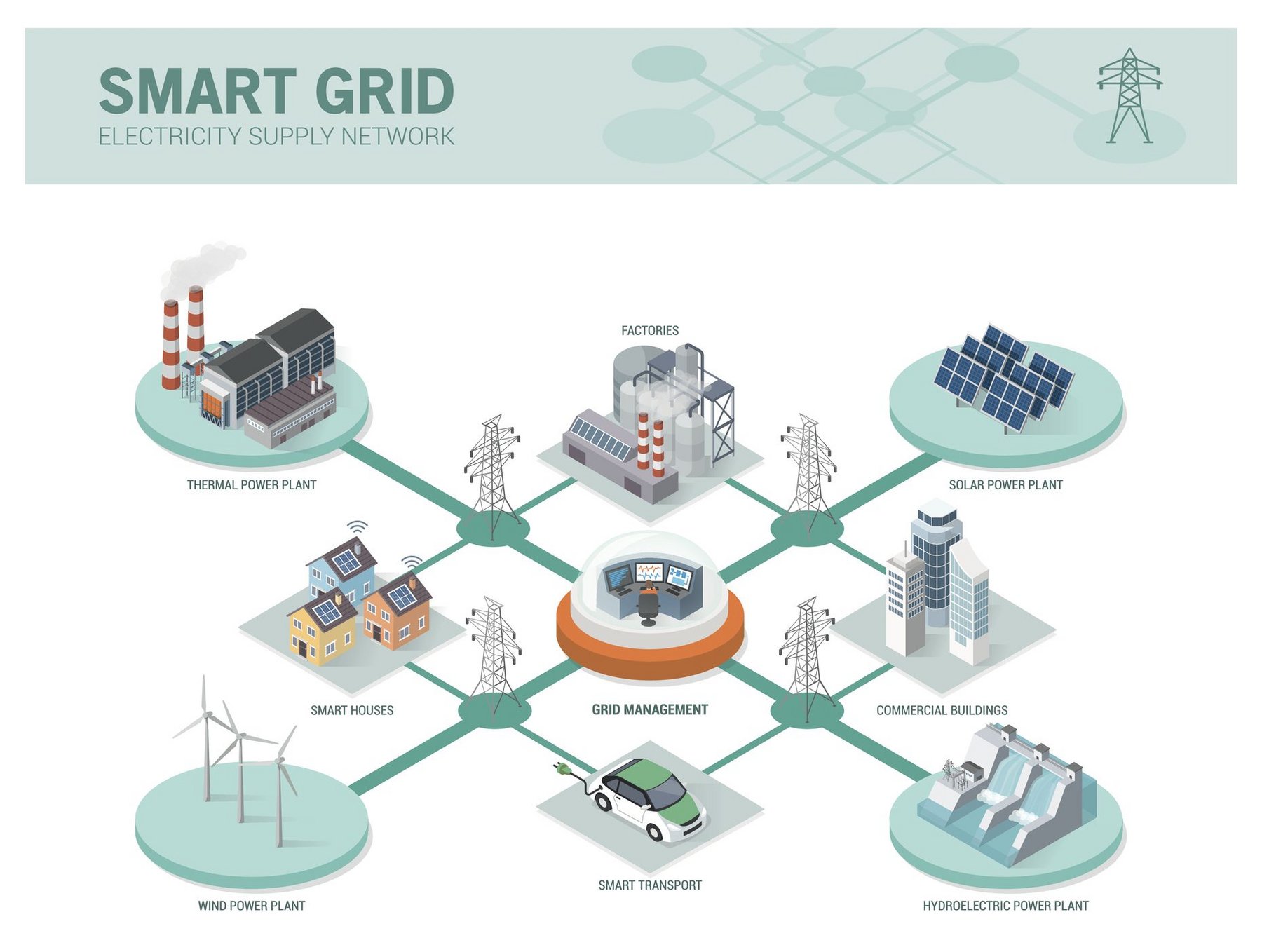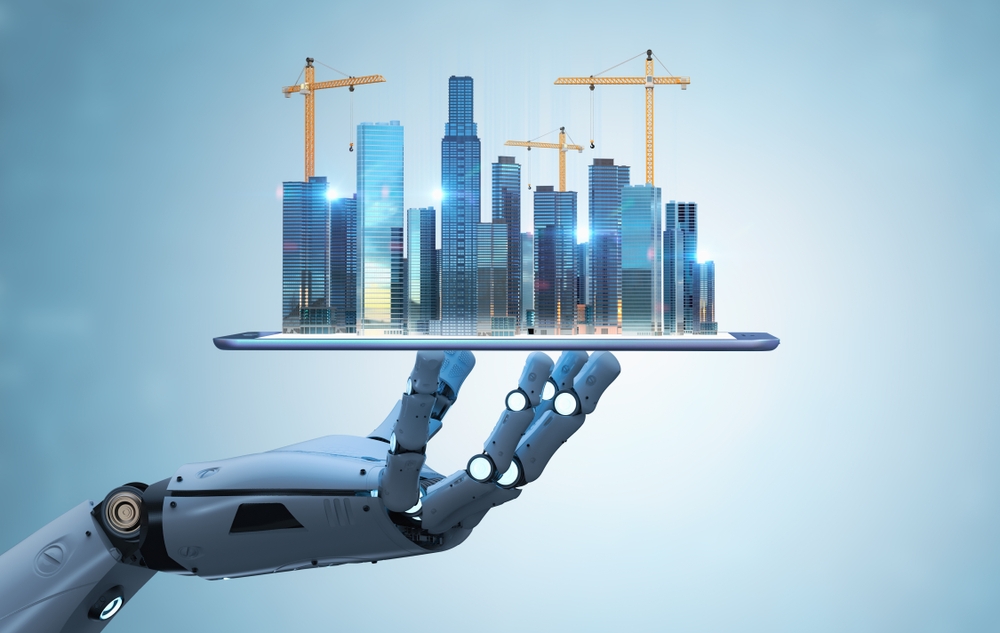Artificial Intelligence (AI) is transforming the energy sector by improving efficiency, reducing costs, and supporting sustainability initiatives. In 2025, AI-driven technologies are optimising energy generation, distribution, consumption, and renewable integration, enabling smarter and greener operations across the globe.

AI in Power Generation
AI helps power plants operate efficiently by predicting demand and optimising output:
- Predictive maintenance detects equipment issues before failure occurs.
- Load forecasting ensures power generation matches consumption patterns.
- AI-assisted plant operations optimise fuel use and reduce emissions.
These applications save costs and enhance the reliability of energy supply.

Smart Grids and Distribution
AI enables smart grid technology to manage electricity distribution more effectively:
- Real-time monitoring detects faults and optimises power flow.
- Demand response systems adjust energy usage during peak periods.
- Integration of distributed energy resources such as solar and wind.
Smart grids improve reliability, reduce outages, and lower operational costs.

Renewable Energy Optimisation
AI supports the growth of renewable energy by predicting generation and improving storage:
- Solar and wind forecasting predicts energy output based on weather patterns.
- Energy storage management ensures consistent supply during fluctuations.
- Grid balancing algorithms integrate renewable sources efficiently with conventional power.
These tools make renewable energy more viable and reduce reliance on fossil fuels.

AI in Energy Consumption
Industries and households benefit from AI-driven energy management:
- Smart meters and IoT devices track and optimise energy usage.
- Predictive algorithms recommend energy-saving measures.
- Automated control systems reduce waste and improve efficiency.
AI empowers users to consume energy more intelligently and sustainably.

Safety and Risk Management
AI enhances safety in the energy sector:
- Hazard detection monitors for equipment malfunctions or environmental risks.
- Predictive analytics prevents accidents and ensures compliance with safety regulations.
- Emergency response planning improves readiness for natural disasters or operational incidents.
These applications protect workers, assets, and the environment.
Challenges and Considerations
Despite its advantages, AI in energy comes with challenges:
- Data privacy and cybersecurity must be safeguarded to protect critical infrastructure.
- High implementation costs may deter smaller organisations.
- Skill gaps require training personnel to manage and interpret AI systems effectively.
Responsible adoption ensures AI enhances operations without introducing new risks.
Future of AI in Energy
By 2030, AI is expected to:
- Fully integrate renewable and conventional energy systems.
- Optimise energy consumption across cities, industries, and households.
- Predict and mitigate environmental impacts in real-time.
The energy sector that embraces AI will lead in efficiency, cost reduction, and sustainability.

Conclusion
AI is driving efficiency and sustainability in the energy sector in 2025. By optimising generation, distribution, consumption, and safety, AI enables greener, smarter, and more cost-effective energy systems.
At Tamfis AI Store, we provide AI tools, modules, and prompt bundles tailored for the energy sector. Explore our marketplace to implement AI solutions that optimise energy operations and promote sustainable growth.


